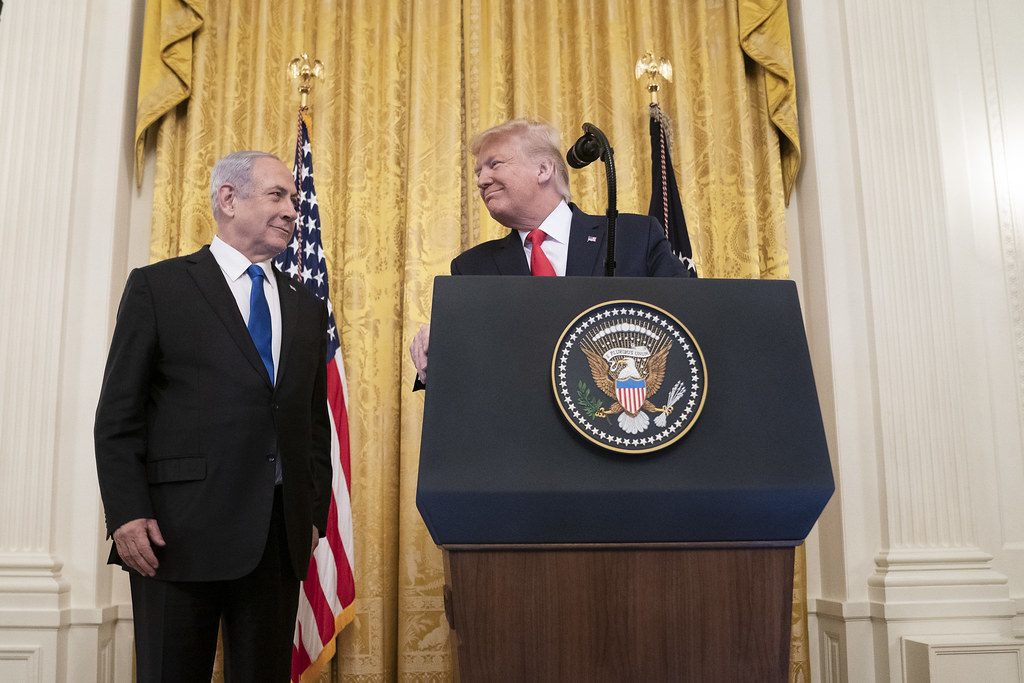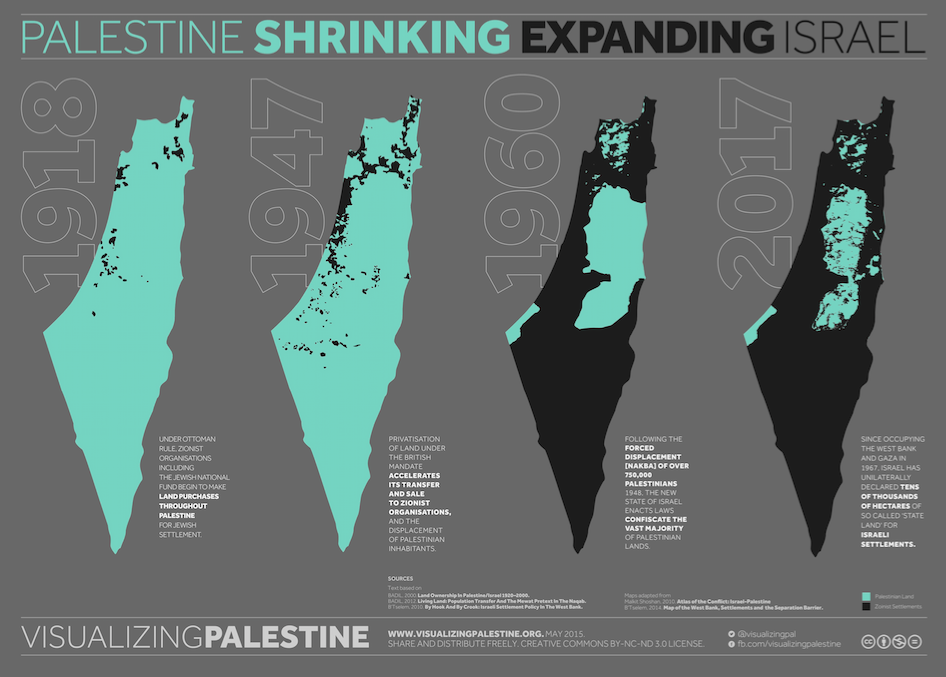![]()
UN Human Rights Chief, Michelle Bachelet, has warned that Israel’s annexation plans, which have been temporarily suspended, could endanger “lasting peace in the region” and “entrench, perpetuate and further heighten serious human rights violations”.
Israel’s proposed annexation of the West Bank and parts of Jordan Valley have come from an emergency coalition government which includes the main opposition party, the Blue and White Party. The international community has widely condemned the annexation of Palestinian territory as illegal. The UN Human Rights Chief warning that it would “likely be disastrous for the Palestinians, for Israel itself, and for the wider region."
UN condemnation
Bachelet has maintained that annexations are in violation of the UN Charter which prohibits any acquisition of territory by war or force. She has stated on the matter:
“Any annexation. Whether it is 30 per cent of the West Bank or 5 per cent […] Annexation is illegal. Period.”
Bachelet's office further warns that entire communities currently not recognised under Israeli planning would be at high risk of "forcible transfer”, losing access to their home and land.
The West Bank is home to nearly 3 million Palestinians and as a region has faced years of occupation through Israeli settlements.
US support for Israel

Israel’s proposed annexation follows the announcement earlier of the US’s “Middle East Plan” which would grant Jerusalem to Israel as well as recognising Israeli sovereignty over Palestinian territory in the occupied West Bank.
The US proposal would enable a demilitarised Palestine over disjointed regions but would deny Palestinians East Jerusalem which Palestinian Authority seek to make the capital of a future Palestinian state.
Enclaves of the Palestinian population are likely to suffer significant harm to their freedom of movement and access to vital services such as healthcare, education, and humanitarian aid.
Whilst the plans have been rejected by the Palestinian leadership, Israel’s Prime Minister, Benjamin Netanyahu has described the plans as a “historic opportunity”. However, Bachelet has warned that it is “likely to be disastrous for the Palestinians, for Israel itself, and for the wider region."
US Secretary of State, Mike Pompeo has responded to criticism stating, “Decisions about Israelis extending sovereignty to those places are decisions for the Israelis to make.” As the US Presidential elections in November draw closer, political commentators, have remarked that Israel is acting with a sense of urgency whilst they have the support of the Israel-friendly Trump administration.
The current delay in annexation plans are believed to be, in part, due to the reliance on American support. Despite the statement that "anything unrelated to the battle against the coronavirus will wait until the after the virus”, the Jerusalem Post has quoted multiple sources that suggest that annexation plans have not fully been finalised yet between the US and Israel.
Palestinian response

Photo Credit: Visualising Palestine
In protest, the Palestinian Authority has broken off all security cooperation with Israel which has affected police and intelligence work that benefited both sides. The authority also stopped accepting taxes collected on its behalf by Israel. This has resulted in a budget crisis in which many officers are receiving only partial pay, resulting in many already dropping out.
Israel’s incremental expansion of its territory has continued since 1967 and now threatens the possibility of a two-state settlement. These policies have been accelerated by longest-serving Prime Minister, Benjamin Netanyahu.
Read more from Al Jazeera, JPost and the New York Times.
We need your support
Sri Lanka is one of the most dangerous places in the world to be a journalist. Tamil journalists are particularly at threat, with at least 41 media workers known to have been killed by the Sri Lankan state or its paramilitaries during and after the armed conflict.
Despite the risks, our team on the ground remain committed to providing detailed and accurate reporting of developments in the Tamil homeland, across the island and around the world, as well as providing expert analysis and insight from the Tamil point of view
We need your support in keeping our journalism going. Support our work today.
For more ways to donate visit https://donate.tamilguardian.com.

